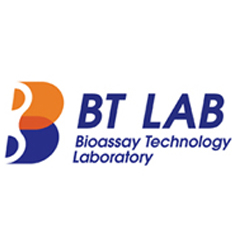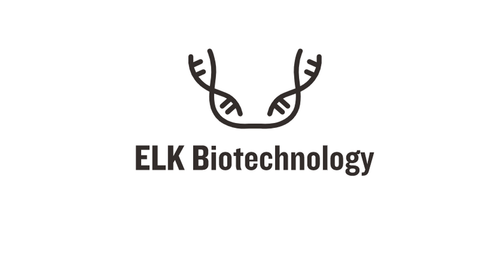Product Description
Human Placenta growth factor (PLGF) ELISA Kit | AE27812HU | Abebio
Species Reactivity: Human (Homo sapiens)
Abbreviation: PGF
Alternative Name: D12S1900; PGFL; PLGF; PlGF-2; SHGC-10760; placenta growth factor|placental growth factor; vascular endothelial growth factor-related protein|placental growth factor-like
Application: ELISA
Range: 15.6-1000 pg/mL
Sensitivity: 25.8 pg/mL
Intra-Assay: ≤5.1%
Inter-Assay: ≤9.4%
Recovery: 0, 95
Sample Type: Serum, Plasma, Other biological fluids
Detection Method: Sandwich
Analysis Method : Quantitive
Test Principale: This assay employs a two-site sandwich ELISA to quantitate PGF in samples. An antibody specific for PGF has been pre-coated onto a microplate. Standards and samples are pipetted into the wells and anyPGF present is bound by the immobilized antibody. After removing any unbound substances, a biotin-conjugated antibody specific for PGF is added to the wells. After washing, Streptavidin conjugated Horseradish Peroxidase (HRP) is added to the wells. Following a wash to remove any unbound avidin-enzyme reagent, a substrate solution is added to the wells and color develops in proportion to the amount of PGF bound in the initial step. The color development is stopped and the intensity of the color is measured.
Product Overview: Placental growth factor (PLGF) is a member of the VEGF (vascular endothelial growth factor) sub-family - a key molecule in angiogenesis and vasculogenesis, in particular during embryogenesis. The main source of PLGF during pregnancy is the placental trophoblast. PLGF is also expressed in many other tissues, including the villous trophoblast. PLGF is a dimeric glycoprotein that, like VEGF, can bind with high affinity to the tyrosine kinase receptor vascular endothelial growth factor receptor 1 (VEGFR-1/Flt-1) . PLGF/VEGF heterodimers have been isolated and shown to bind also to the VEGFR-2/KDR/Flk-1 receptor the major mediator of VEGF activities.PLGF shares approximately 42% amino acid (aa) sequence identity with VEGF (53% within the PDGF region), and the two proteins share significant structural similarity.
Stability: The stability of ELISA kit is determined by the loss rate of activity. The loss rate of this kit is less than 5% within the expiration date under appropriate storage condition. The loss rate was determined by accelerated thermal degradation test. Keep the kit at 37°C for 4 and 7 days, and compare O.D.values of the kit kept at 37°C with that of at recommended temperature. (referring from China Biological Products Standard, which was calculated by the Arrhenius equation. For ELISA kit, 4 days storage at 37°C can be considered as 6 months at 2 - 8°C, which means 7 days at 37°C equaling 12 months at 2 - 8°C) .
 Euro
Euro
 USD
USD
 British Pound
British Pound
 NULL
NULL












